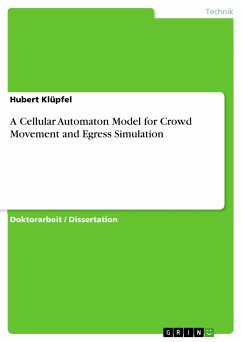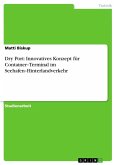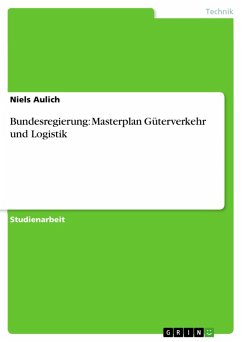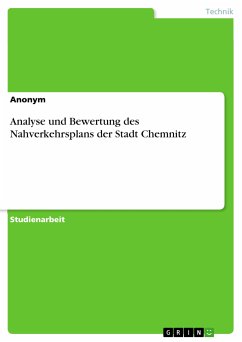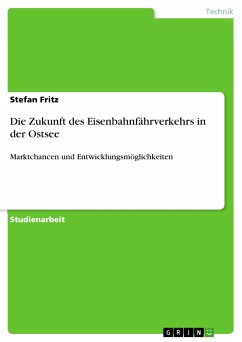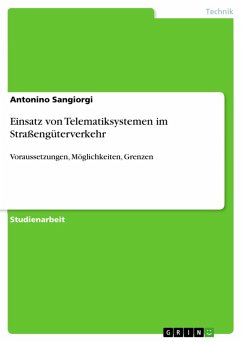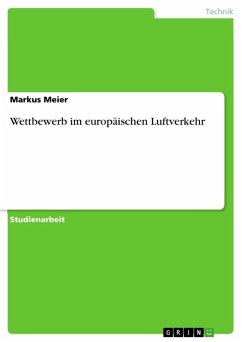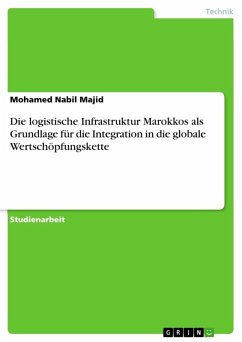Doktorarbeit / Dissertation aus dem Jahr 2003 im Fachbereich Verkehrswissenschaft, Universität Duisburg-Essen, Sprache: Deutsch, Abstract: The movement of crowds is a field of research that attracts increasing interest. This is due to three major reasons: pattern formation and selforganization processes that occur in crowd dynamics, the advancement of simulation techniques and hardware that enable fast and realistic simulations, and finally the growing area of potential applications (planning of pedestrian facilities, crowd management, or evacuation analysis). The field is spanning the borders of various disciplines: physiology, psychology, sociology, civil engineering, mathematics, physics, etc. It depends on the point of view which aspects are given the main focus. One approach is to reduce complexity to fundamental principles that make a mathematical (quantitative) formulation possible and at the same time are sufficiently complex to reproduce the major phenomena that can be observed in reality. The major aim of this dissertation is to define and validate a model for the simulation of evacuation processes and their analysis. To this end the analogy between non-equilibrium many particle systems and crowds is used. However, it will also become clear that this analogy is not sufficient for complex scenarios and realistic egress simulations and additional, 'non-physical', parameters and principles must be introduced. Even though the investigation is motivated by the applications, the dynamics of crowd movement and model properties are scrutinized. This also includes a thorough review of the data available in the literature, the calibration of the model parameters and the comparison of simulated and empirical flow-density relations. The core of any evacuation simulation is a set of rules or equations for the movement of people. This is connected to the representation of space, population, and behavior. These topics will be investigated generally (micro- vs. macroscopic, discrete vs. continuous) and especially with regard to a specific two-dimensional cellular automaton model, where the movement dynamics is based on discrete space and time. This allows an efficient implementation and therefore large scale simulations. The route-choice is done via the orientation along a discrete vector field which can in principal be derived from a discrete potential. It is therefore not explicitly simulated but taken into account in a pre-determined way, i.e., the coupling to the vector field is static (constant coupling parameter).
Dieser Download kann aus rechtlichen Gründen nur mit Rechnungsadresse in A, B, BG, CY, CZ, D, DK, EW, E, FIN, F, GR, HR, H, IRL, I, LT, L, LR, M, NL, PL, P, R, S, SLO, SK ausgeliefert werden.

